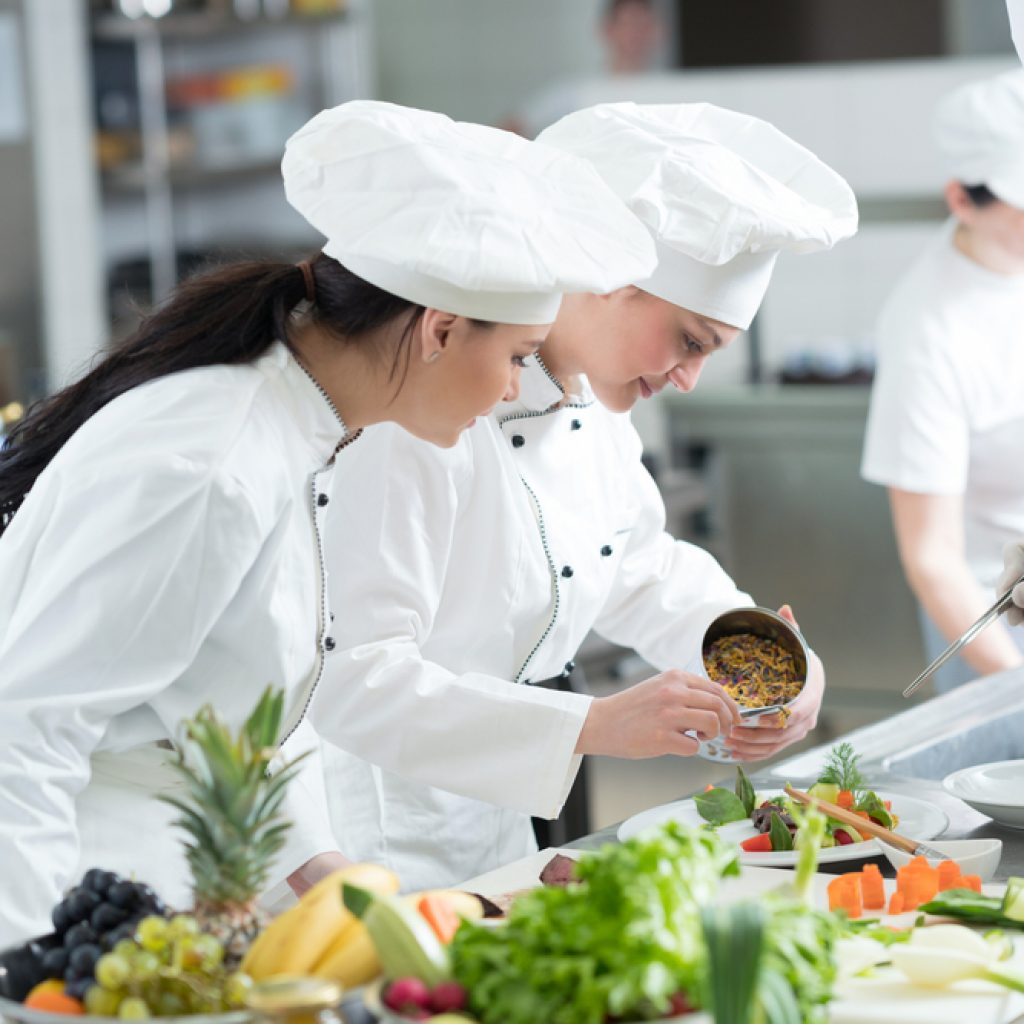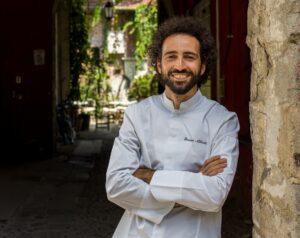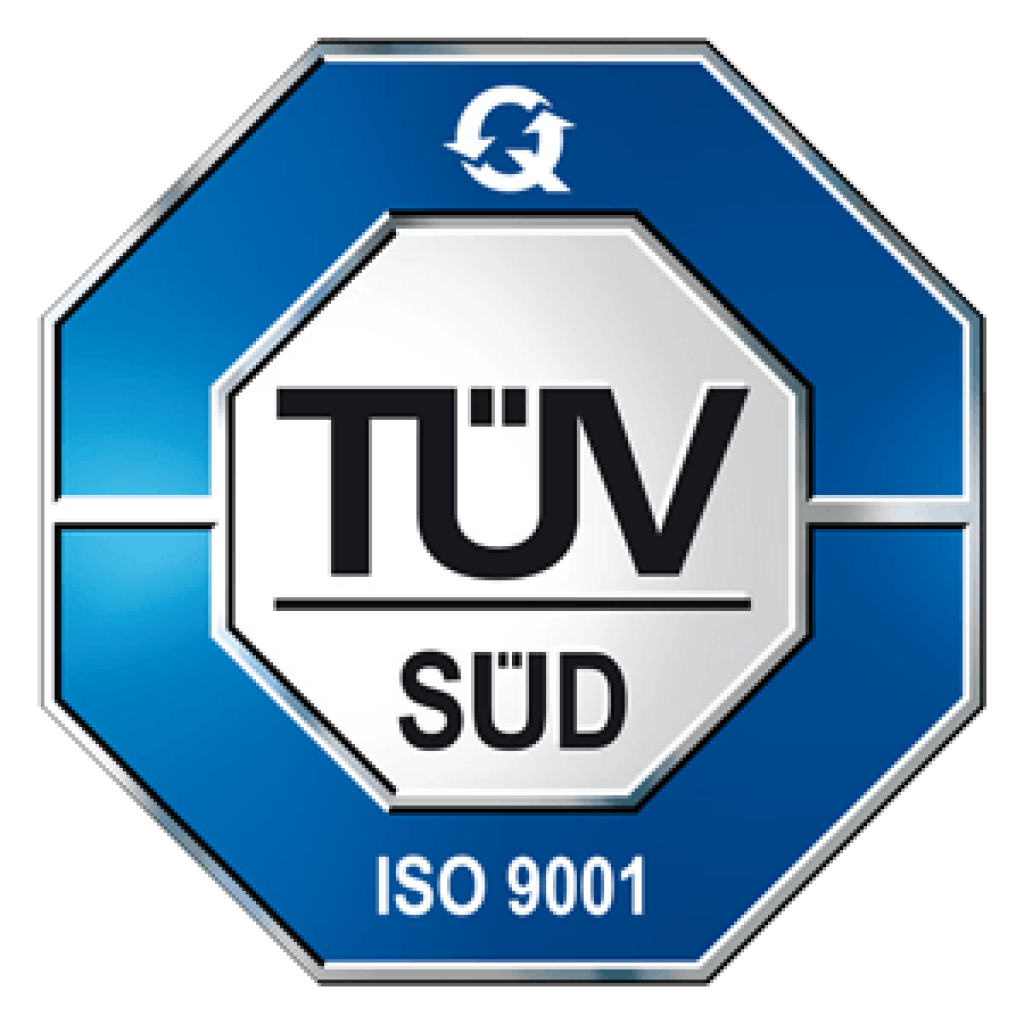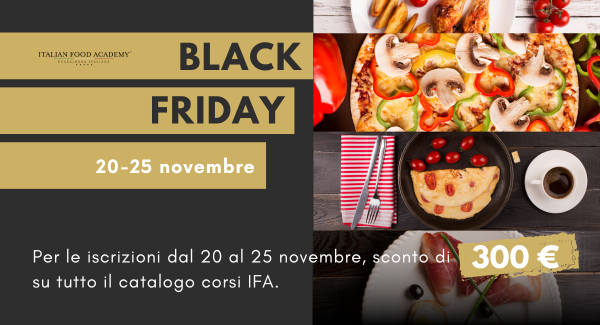Among the professions most popular today is precisely that of the chef. Accomplice also is greater attention to what we eat and an increasing look at the philosophies and gastronomic trends of other countries, as well as the spread of allergies, intolerances, and ethical needs, cook offers multiple and certain job outlets.
Not to mention that TV, too, with its many programs dedicated to cooking, often features the participation of gastronomy professionals.
But how to become a chef? What is needed to enter the fascinating world of cooks, starred and non-starred?
The three factors that cannot be missed and are needed to undertake the career as a chef Are:
- training
- experience
- talent
Becoming a chef: talent in the kitchen.
Beginning with the latter, many might say that one either has talent or one must get over it and change one's path. This statement is half true, because in the profession of cooking, talent often rhymes with passion, enthusiasm, willingness to put oneself out there, self-denial to work, willpower and a lot of humility.
So if you are looking for a shortcut to becoming a chef, surely in this case you had better think again. But if you possess a good dose of passion and lots and lots of willpower, perhaps latent talent will come out, to a greater or lesser extent depending on one's personal predisposition and ability and speed in learning the technique, as well as the ability to express one's creativity, inventiveness, genius.
Experience building over time.
Experience is not an immediate factor for a aspiring chef: one has to conquer it through years of work, one has to build it by putting oneself at the service of masters, many and varied, who can pass on, each in his or her own field, knowledge that will enrich the store of knowledge acquired.
Training: the cooking courses to choose.
By cooking classes, today, there are so many. Just take a look around the Web to realize how much educational offer there is. But are we sure it is all of the highest quality? Which course to choose among so many on the Internet?
Better, take time, and choose the right course. How? Perhaps by following some criteria, such as:
1. Duration
A good cooking class should not be too short nor too long, because it should allow the student to be able to combine classroom training with field experience. It is best to choose the course that offers a full immersion training of a few days with the possibility of an internship.
2. Training and experimentation
Theoretical but above all practical: in addition to books, albeit invaluable books and readings, it is important to learn at the stove. So it is good to choose a course that offers lessons in the classroom and in well-equipped workshops. follow a training course that allows you to learn all the secrets of this craft. Even for the purpose of experimentation, it is important to know the basics, and experimenting is the latr word for a chef. It is an approach that is a real philosophy of life for those who want to work in haute cuisine. Discovering new combinations, preparing new recipes, arranging new arrangements is the result of work and study that is conducted personally only after learning techniques and the use of tools.
3. Accredited lecturers
Teachers will be the first masters, those who pass on important notions, tricks of the trade, secrets to replicate and an ethic to follow. Better, then, to rely on professionals in the field, with solid experience behind them and who perhaps have a "certain reputation" built up over time. I lecturers of Italian Food Academy, for example, are big names in the culinary world (one of the latest being the great chef Eugene Boer), who will introduce you to everything you need to know to become a professional chef like them.
4. Educational programs
They must always be up-to-date, comprehensive, and take into account the latest innovations, technical and technological of the world of Cooking.
5. Stage
For many cooking courses, it is important that an internship, a formative time in the field, is arranged, a substitute for classroom preparation. This is the time when the student comes into contact with real business realities, with the professional world, and this is an opportunity to show his or her willingness, ability to work as a team, to solve problems, to be of valuable help to the whole organization.
6. Specialization
Many entities propose cooking courses, promising a full training in a few days of everything to do with the cooking world. A quality training institution, on the other hand, is distinguished by being highly specialized and organizing cooking courses in specific areas.
Italian Food Academy, for example, expanded and made more and more specific its educational offer With the following routes:
Master:
- Food&Beverage Manager
- Enogatronomic Critique
- Viticulture
- Wine marketing
- Banqueting Manager
Courses:
- Professional Kitchen - Basic level
- Japanese Cuisine
- Green Food
- Pastry
- Plating Art - ROME
- Food Photography
- Personal Food Shopper
- Professional Cuisine
- Tasting and pairing techniques
- thai cuisine
- Italian Cuisine
Specializations:
- Molecular cuisine
- Molecular sweets
- Cake design
- Mirror glazes
- French Sweets
- Sushi ice-cream
- Bar Chef
Le experience:
- Molecular Experienc








